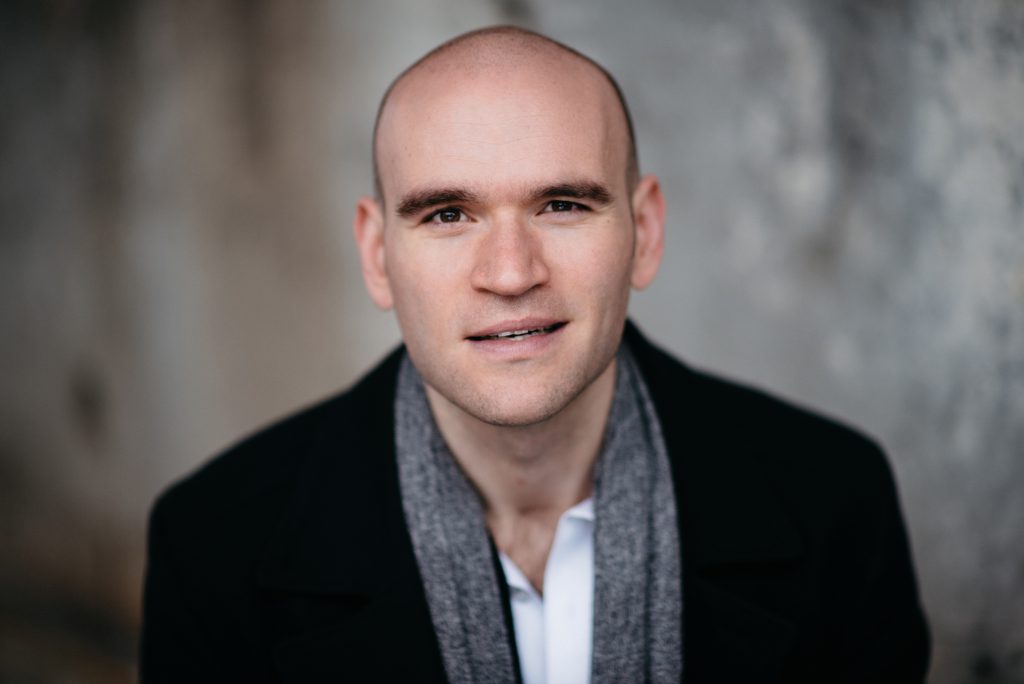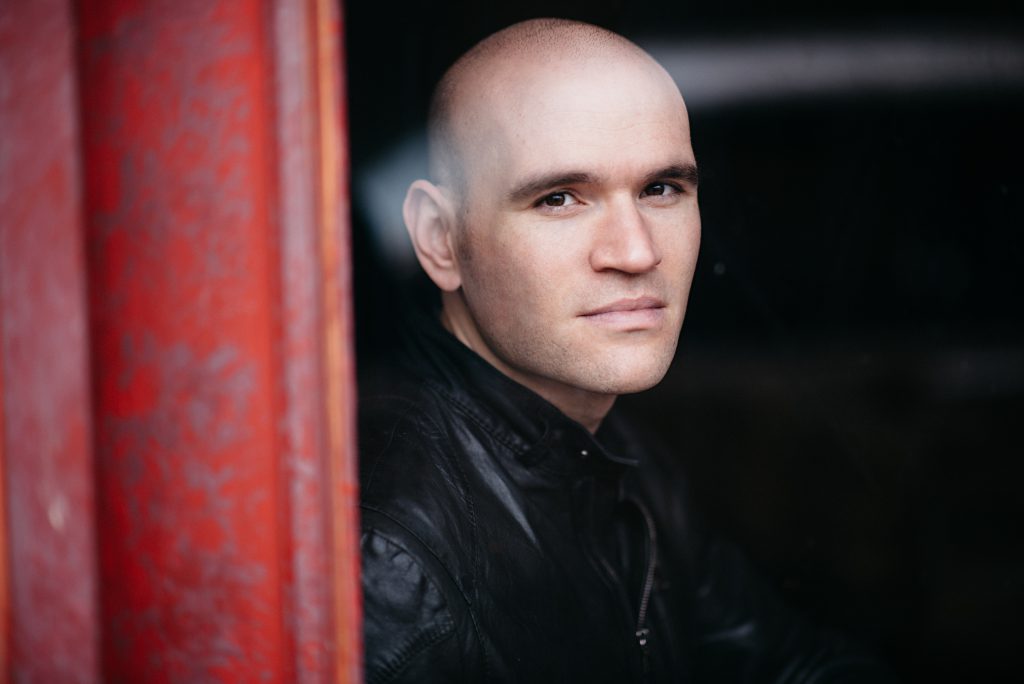Inside Jersey Magazine: Michael Fabiano one of the opera world’s leading tenors
Michael Fabiano’s rich tenor has rung through the world’s most illustrious opera houses: New York’s Metropolitan Opera, the Teatro alla Scala in Milan, and most recently at London’s Royal Opera House, where he starred in a new production of “La Boheme.” Along the way to becoming one of the world’s leading tenors, Fabiano has collected a host of awards, including the Beverly Sills Artist Award and the Richard Tucker Award in 2014.
1 | When did you discover the specialness of your voice?
When I was a boy, I went to church in Essex Fells at St. Paul’s and I was in the choir for children. I went one summer to a children’s choir camp, but then we moved to Minnesota when I was 11 years old. Music slipped away at that point. It wasn’t nearly as important as it was in my fundamental years. And I didn’t rediscover it until my last year in high school. My aunt was staying with us and she said that when I applied to colleges, I should send a tape of my voice because it’s good enough to compel the admissions people. I was in Catholic high school and when I would sing solos, people would compliment my voice, but I never really thought about it at that age. It wasn’t a big deal to me. This is never what I thought would be my job.
2 | Do you listen to yourself sing?
Franco Corelli, the famous Italian tenor, once said that his best voice teacher was his voice recorder. He would record himself and listen vociferously to what he heard and pick it apart. I would say that is something I do quite a lot. There are mixed feelings on this, because some people think you should let it be when you’ve done it. But I learn a lot from analyzing what I hear and how I can work on adjusting and fixing it. I am very hard on myself — much harder than I am on other people. But I think it is healthy to be hard on myself. I’m very honest about what I hear. But that’s par for the course for an artist. We seek perfection in the practice room, knowing full well (that) on stage we are not going to be perfect. No one is perfect. Even in the greatest performances of all, artists have missed certain high notes — but I work my ass off to make sure that things are technically and emotionally in line. When I’m on stage, what happens happens. But hopefully, I can replicate my work from the studio as much as I can.
3 | Where does the voice come from inside of you?
Your entire body is your voice. In your throat, there is a voice box and vocal chords, but like flying a plane, a lot is required for one to sing. Air pressure plus air — how do I reach that point where air emanates and I can control it? Air is generated from the lungs and the diaphragm below. So, I kind of envision that there is a center of gravity from my solar plexus down to my belly button, and I breathe there and I systemize the air pressure through my vocal chords. And then the sound comes out. Anywhere from my groin to the top of my head is where my voice is. But I always gauge at the end of the night if I’ve sung well by whether my legs and my butt hurt. That means I’ve completely anchored myself to the ground and I’m not relying on my throat.
4 | What does singing opera take out of you, and how do you keep your voice and body in optimal condition?
Singing is a full-body sport. If one is singing at an optimal level, they are using their entire body for the balance of the night. And if I’m singing an opera like “Don Carlos,” which veers close to five hours, well, five hours of full-on sport is a lot. It’s ample. With opera, we don’t use microphones. We are trained to have our voices carry completely over an orchestra of 100 instruments or more through equalizing our upper and lower registers and figuring out how to maximize squillo (a technical term that means to ring out or blare) in the voice versus darkness. As an opera singer, I often don’t sing day after day. I have performances every three days. When it is every two, then it’s tricky. So, when I’m not singing and performing, I’m a monk. I’m at home resting. People ask me about exploring the cities in which I sing. I often say, “Nothing.” The time it takes to recover between performances and rehearsals is necessary for my own health.
5 | Do opera singers listen to other types of music? For instance, would we see pop on your playlist?
I listen to Frank Sinatra and Bing Crosby, but right now, I don’t listen to a lot of pop music. Although I will say that I really like Lady Gaga. I like her because she is a musician with a great voice — and I’m saying that from a musician’s point of view, not just a fan. I think she really knows how to sing. I also think she is highly intelligent and way ahead of many of her peers. But when I’m at home, I don’t listen to a lot of sung music. I listen to orchestral music and piano music because singing is what I do all the time. It’s my world.

